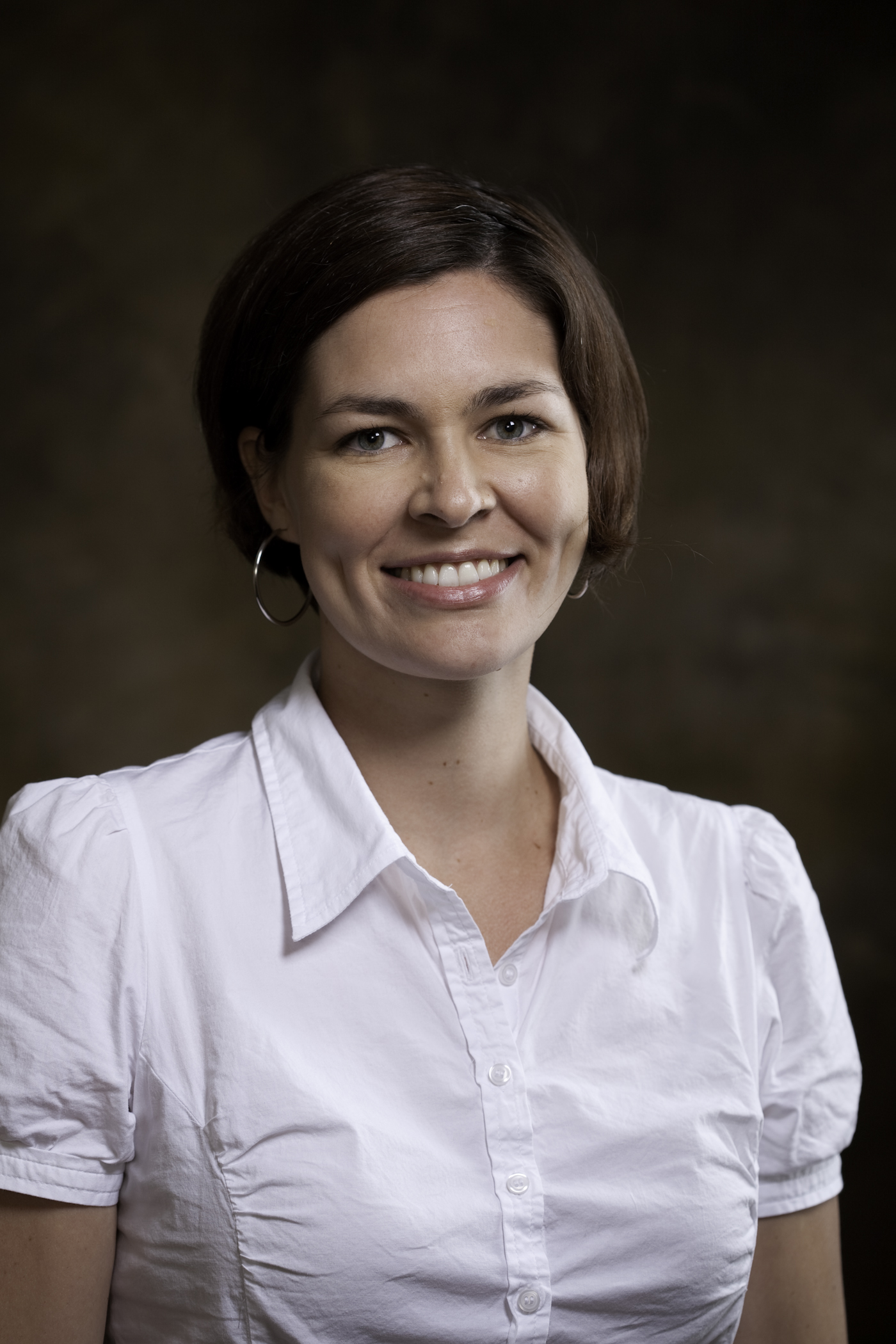FAYETTEVILLE, Ark. – Should the Internet be a tool to enable competent democratic citizenship or an information superhighway leading to global economic power? Europeans and Americans began with different visions, but by the beginning of the 21st century, the two approaches had dovetailed.
In the first issue of a new interdisciplinary publication, Journal of Transnational American Studies, Stephanie Ricker Schulte, communication researcher at the University of Arkansas, compared how policymakers in the United States and the European Union envisioned the Internet in its early days as well as the factors that drove policy changes.
In the 1990s, Europeans saw the Internet as a tool the state could provide its citizens. While Europeans were creating what they described as the “information society,” the “information superhighway” was the dominant metaphor in the United States. Using images such as the Net or the Web, American corporations offered consumers a gateway to the global Internet for a fee.
“In Europe – especially in France, Germany and the Netherlands – visions of the Internet as a global, virtual frontier or as an inevitability did not dominate; instead, European policymakers, news media, popular culture and Internet users imagined the Internet in material and local terms, as a technological choice or a public service,” Schulte wrote.
European governments regulated the Internet as though it were a public utility. Amsterdam’s “Digital City” went online in 1994 and was so popular that the city suffered a modem shortage during its inaugural week. The Digital City employed cutting-edge technology with both sound and moving images, at a time when the Web site for the White House in the United States was little more than a text archive for press releases.
“Imagined as a public sphere that would help produce a more functional state, the Digital City was presented as a new, communal space, a technology that would provide users with information about and access to their government,” Schulte wrote.
Users were defined as participants in their city’s life, not as consumers. With an aim to involve more citizens in creating better public policy, the Digital City was designed to promote universal and open access.
“At that time, the United States was more worried about whether it was winning the global technological race than whether everyone in the country was running,” Schulte said, “Trans-national technological power was the focus, not domestic universal access.”
Policymakers in the United States initially focused on ensuring corporate domination of cyberspace, Schulte wrote. Not until the late 1990s did a series of government studies reveal gaps in access to the Internet based on income, race, education, age and region. The U.S. Department of Commerce warned about a digital divide that was leaving parts of the nation behind.
Mirroring the European focus on the information society, in the late 1990s, “U.S. governmental institutions represented the digital divide as important for U.S. democratic ideals as well as for its economy,” Schulte wrote.
By the year 2000, Europe’s Internet policies were becoming more ‘American’ in order to compete globally. At the same time, the United States was adopting European-style policies in response to the digital divide.
“While E.U. policymakers increasingly envisioned the Internet as a free market and a means for global economic power, U.S. policymakers increasingly envisioned it as a requirement for competent democratic citizenship,” Schulte wrote.
The adoption by the European Union of an American-style corporate Internet in 2005 “suggested that the Internet functioned as a trans-Atlantic cultural carrier of advanced capitalism,” Schulte concluded.
Schulte is an assistant professor of communication in the J. William Fulbright College of Arts and Sciences at the University of Arkansas. Her article, titled “Self-Colonizing eEurope: The Information Society Merges onto the Information Superhighway,” is available on the Web at http://repositories.cdlib.org/acgcc/jtas/vol1/iss1/art13/.
Contacts
J. William Fulbright College of Arts and Sciences
479-575-3769, stephanieschulte@gmail.com
479-575-2683, jaquish@uark.edu
